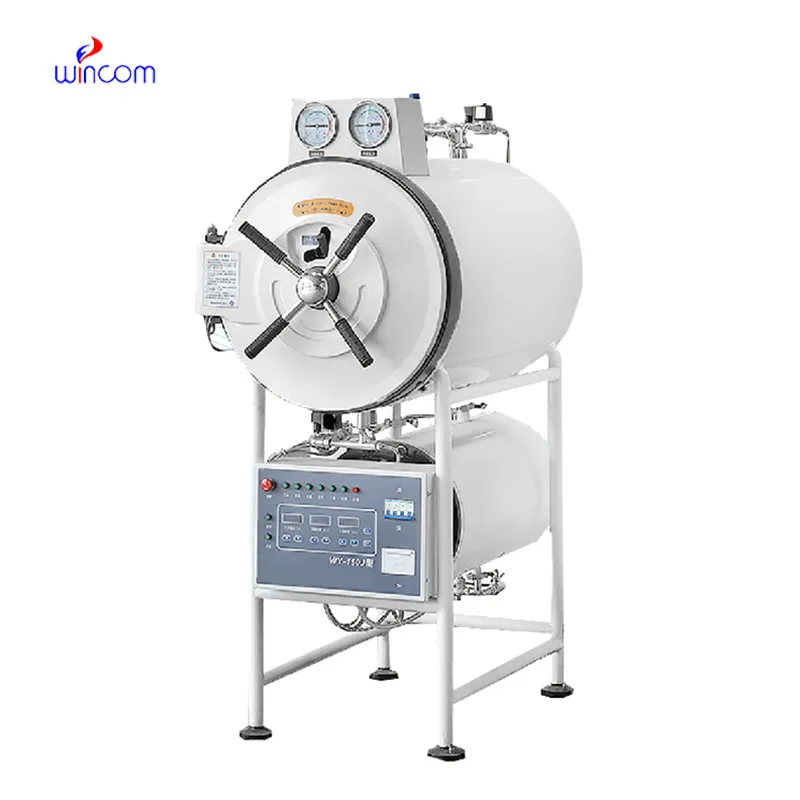
With intelligent motion correction and image enhancement software, the 1.5 tesla mri machine minimizes patient movement artifacts. The accuracy features of the system come together to provide distortion-free, high-resolution images. Patient safety and efficient operation improve diagnostic confidence in the 1.5 tesla mri machine.

The 1.5 tesla mri machine is a highly effective instrument for imaging the cardiovascular system, allowing precise evaluation of heart chambers, valves, and vessels. It makes it possible to detect disorders such as coronary artery disease, congenital heart disease, and myocardial inflammation. The 1.5 tesla mri machine also measures blood flow and cardiac function precisely.

Future innovations of the 1.5 tesla mri machine will focus on sustainability and digital convergence. Low-energy superconducting systems and recyclable materials will bring MRI technology closer to the environment. The 1.5 tesla mri machine will also come with integration into AI databases that enable automatic clinical reporting and predictive modeling.

To ensure the 1.5 tesla mri machine are in proper working condition, staff must perform daily visual examination and cleanliness tests. Scheduled engineering inspections must be carried out with coil testing and magnetic field alignment. The 1.5 tesla mri machine should always be operated under controlled conditions to prevent equipment drift and provide accurate imaging.
The 1.5 tesla mri machine is excellent at imaging soft tissue and has been a valuable asset in orthopedics, neurology, and oncology. Its magnets are able to create signals that are then reconstructed into precise anatomical images. The 1.5 tesla mri machine determines structural and functional disorders with unprecedented detail.
Q: Why do MRI machines make loud noises during scans? A: The noises come from the rapid switching of gradient coils that generate precise magnetic fields necessary for capturing detailed images. Q: Can MRI scans be done with contrast agents? A: Yes, sometimes contrast agents like gadolinium are used to highlight specific tissues or blood vessels, improving visibility of certain conditions. Q: How should MRI machines be maintained? A: Regular calibration, cryogen level checks, and environmental control are essential for maintaining stable magnetic performance and image accuracy. Q: Is MRI safe during pregnancy? A: MRI is typically considered safe during pregnancy, especially after the first trimester, but contrast agents are usually avoided unless medically necessary. Q: Can MRI be used in veterinary medicine? A: Yes, MRI is widely used in veterinary hospitals to diagnose brain, spine, and joint conditions in animals with the same precision as in human medicine.
We’ve been using this mri machine for several months, and the image clarity is excellent. It’s reliable and easy for our team to operate.
The water bath performs consistently and maintains a stable temperature even during long experiments. It’s reliable and easy to operate.
To protect the privacy of our buyers, only public service email domains like Gmail, Yahoo, and MSN will be displayed. Additionally, only a limited portion of the inquiry content will be shown.
Hello, I’m interested in your water bath for laboratory applications. Can you confirm the temperat...
Hello, I’m interested in your centrifuge models for laboratory use. Could you please send me more ...
E-mail: [email protected]
Tel: +86-731-84176622
+86-731-84136655
Address: Rm.1507,Xinsancheng Plaza. No.58, Renmin Road(E),Changsha,Hunan,China